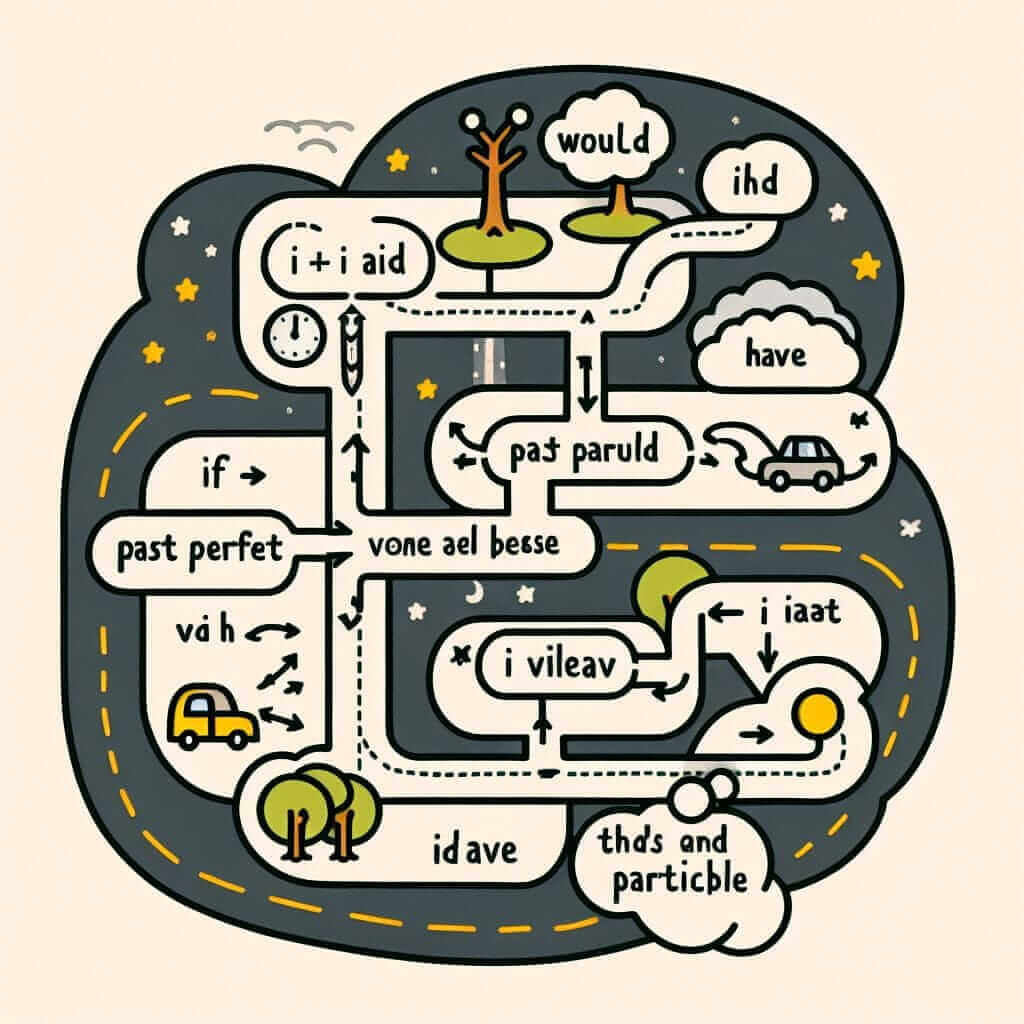The phrase “Had it been necessary, we would have extended the deadline” is a prime example of the third conditional, a grammatical structure often used to express hypothetical situations in the past and their imagined consequences. Mastering this structure is crucial for achieving a band 7 or higher in the IELTS exam, as it demonstrates your ability to manipulate complex grammatical structures and express nuanced ideas.
Let’s look at some examples of how the third conditional might appear in different sections of the IELTS:
Speaking Part 2: Describe a time you had to meet a deadline. “…Had I known about the technical issues beforehand, I would have started the project earlier and avoided the last-minute rush.”
Writing Task 2: Some people believe that technology has made our lives more stressful. To what extent do you agree or disagree? “Had the internet not been invented, people might have continued to work shorter hours and enjoyed more leisure time, suggesting that technology has indeed increased stress levels for many.”
Listening Section 3: Two students discussing an assignment. “If we had divided the research tasks more evenly, we wouldn’t have felt so overwhelmed in the final week.”
Understanding the Third Conditional
The third conditional is used to talk about situations in the past that did not happen and to imagine the consequences if they had. It allows us to express regret, speculate about alternative outcomes, and analyze past events.
Structure and Usage
The third conditional follows a specific structure:
If + past perfect, would have + past participle
OR
Had + subject + past participle, would have + past participle
Breakdown:
- If + past perfect (or Had + subject + past participle): This part of the sentence sets up the hypothetical past condition. It tells us what did not happen.
- Example: “Had it been necessary…” (This implies that it was not actually necessary)
- Would have + past participle: This part describes the imagined consequence of the hypothetical condition.
- Example: “…we would have extended the deadline.” (This tells us what the speaker would have done if the situation had been different).

Using the structure in different parts of the IELTS exam:
- Speaking: Use the third conditional to provide complex and nuanced answers, especially when reflecting on past experiences or discussing hypothetical situations.
- Writing: Employ the structure to create compelling arguments, explore alternative viewpoints, and present hypothetical scenarios in your essays.
- Listening: Be able to identify and understand the third conditional when it is used in spoken passages.
Examples and Analysis
Let’s break down our initial example:
“Had it been necessary, we would have extended the deadline.”
- Had it been necessary: This sets up the unreal past condition, implying that extending the deadline was not actually necessary.
- We would have extended the deadline: This describes the imagined consequence. The speaker is saying that IF it had been necessary (which it wasn’t), they would have extended the deadline.
More examples:
- If I had studied harder, I would have passed the exam. (Implies the speaker did not study hard enough and therefore failed.)
- She wouldn’t have missed her flight if she had left on time. (Implies she did not leave on time and missed her flight.)
- Had we known about the traffic, we would have taken a different route. (Implies they were unaware of the traffic and did not take a different route.)
Tips for Achieving a Higher Band Score
- Vary your sentence structure: Instead of always using “if,” try starting sentences with “had” to demonstrate a wider range of grammatical structures.
- Use it naturally: Don’t force the third conditional into your writing or speaking. Use it when it feels natural and contributes to the clarity and effectiveness of your communication.
- Combine it with other structures: Demonstrate your grammatical range by using the third conditional alongside other conditional structures or complex grammatical features.
Common Mistakes to Avoid
- Incorrect tense sequence: Ensure that you use the past perfect in the “if” clause and “would have + past participle” in the main clause.
- Using “would” in the “if” clause: Remember, “would” is not used in the “if” clause of the third conditional.
- Overusing it: While impressive, using the third conditional too frequently can make your language sound unnatural and forced.
Conclusion
Mastering the third conditional is a significant step towards achieving a higher band score in the IELTS. By understanding its structure, nuances, and applications, you can express complex ideas with greater clarity and sophistication. Remember to practice using it in a variety of contexts, both in writing and speaking, to gain confidence and fluency.